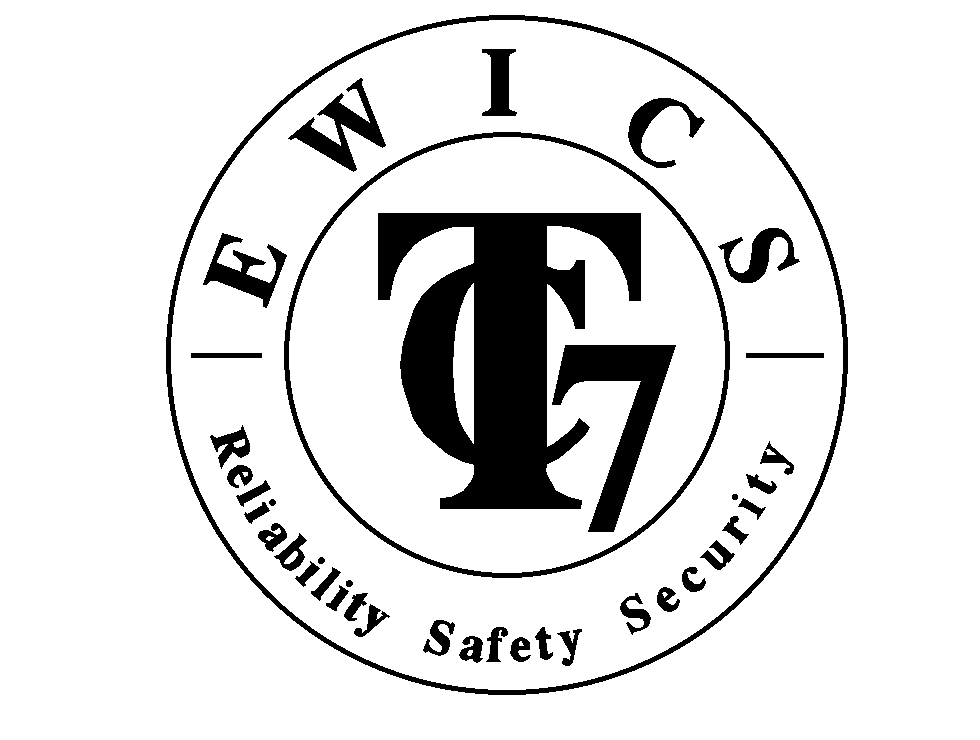






 |
Scope
Safecomp focuses on critical computer applications. It is intended to be a platform for
technology transfer between academia, industry and research institutions. Papers are
invited on all aspects of computer systems in which safety, reliability and security are
important. Industrial sectors include, but are not restricted to medical devices,
avionics, space industry, railway and road transportation, process industry, automotive
industry, power plants and nuclear power plants.Safecomp2000 welcomes in particular
also contributions from application areas of medical systems and transport &
infrastructures, as well as from methodological developments about software process
improvement.
Medical systems depend progressively on -
embedded - programmable electronic systems (PES). Experience shows that the implementation
of methods to realise safe and reliable PES in the medical world is still lacking.
Therefore, safety-critical PE Medical Systems, contributions are appreciated on design
implications for assuring proper functioning and use in clinical or non-clinical context,
user needs and issues concerning market approval.
Transport & Infrastructure systems depend
progressively more on adequate functioning of PE subsystems. Safecomp 2000 will give
special attention to experience reports of the realisation and acceptance of
safety-critical systems in this application area. Position papers are also welcome.
Software Process Improvement (SPI) covers areas
such as the application of metrics to quantify the effectiveness of improvement
activities, the usage of safety standards, and the integration of verification &
validation techniques - such as formal inspections - in the software/system development
process. In relation to safety-critical systems, contributions are appreciated on SPI in
the development of safety-critical systems addressing process/product dependencies, the
development of measurement programs, the application of standards and metrics, the
implementation and results of Process Improvement Experiments (PIEs).
Contributions from research, industrial applications and experiences, as well as on
licensing questions are invited. Topics are not limited to the above, but also include:
- Methods: safety assessment, risk analysis, design for safety, formal methods
and models
- Special Topics: security relevant to safety, human factors, hardware solutions,
verification & validation, distributed systems; safety-critical y2k experiences
- Application Issues: safety guidelines, standards and certification;
sociological, legal and organisational aspects; management and development; assuring
emerging technologies; world wide nets in dependable systems; critical computer
applications
|

